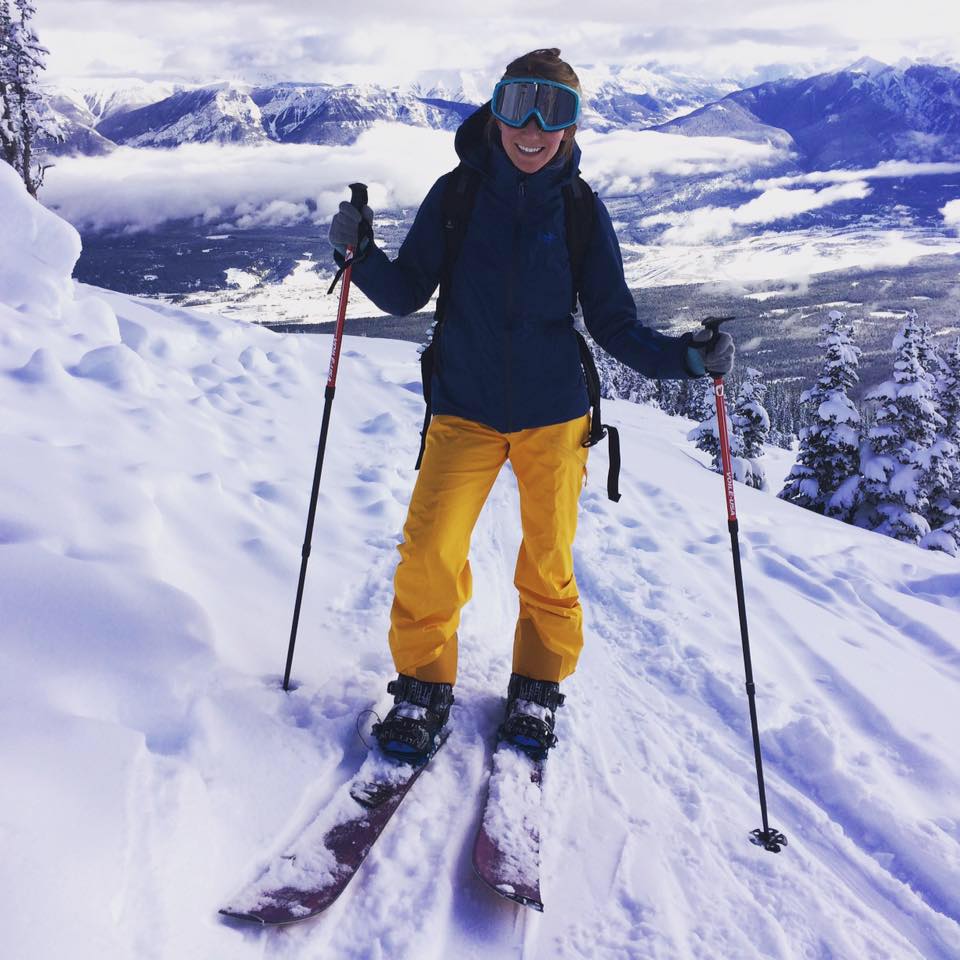Food For Thought - What to Eat for Ultimate Endurance
You might think that pre-planned, calorie calculated nutrition is something better left for competitive athletes. The work of a team of scientists deciding everything on Michael Phelp’s plate have nothing to do backcountry skiing right? Well, turns out the research and science behind proper nutrition for performance in the backcountry are just as important.
Dr. Delia Roberts developed the Fit for Snow program, which teaches workers in snowsport industries how to prevent injuries and accidents through science based research on the body. I was lucky enough to catch up with Delia as she came off a multi day tour in Rogers Pass, then 2 days of heli skiing. I was curious to know her secret to lasting that many days of serious energy output. Turns out nutrition plays a huge role in preparing for time in the backcountry, as well as during and after. So how can you harness your inner beast for uptracks and kick turns? Read on:

Before:
Delia points out, “When you are heading into the backcountry, it will likely be for a long duration. You are going uphill for a couple of hours, then you ski the run and it’s possible you end up further away than you were before. So it’s important you are planning to feed yourself to get home”. That means starting the night before with providing your muscles with glycogen and carbs. In the time leading up to the tour, don’t make up for a night of beers by chugging a litre of gatorade or water. Small sips are key for keep the body properly hydration before and during your climb.

During:
That leads us into during the day, when taking small sips of water (Delia swears by the small 250ml water bottles stashed in her pockets for quick access), grab a small snack that will refuel your muscles. Adding the sugar and salt is great to keep the liquid inside your body. If you don’t want to carry a lot of water, use Gatorade and the salt will bind with the water molecules so you won’t have to use the “facila-trees” as often.

Post:
Something many of us forget, or are too stoked wanting to get to the apres part of the evening to remember, is the after part of ski touring. But you don’t have to overthink what to eat at the end of the day, “just make sure that in the first hour following the end of your heavy exertion you consume about 300 calories of fast digesting carbs and protein in a 3:1 ratio”. Think half a sandwich, or a powerbar. Something with a bit of protein because hey, let’s face it, you’ve worked your muscles hard enough that they need to rebuild. Something fast absorbing, but not fatty, so hands off the chicken wings or spare ribs!

For a multitude of amazing science based tips for skiing safely and efficiently, check out the Fit for Snow facebook page here.









